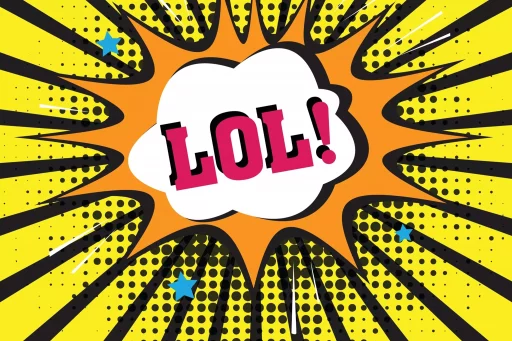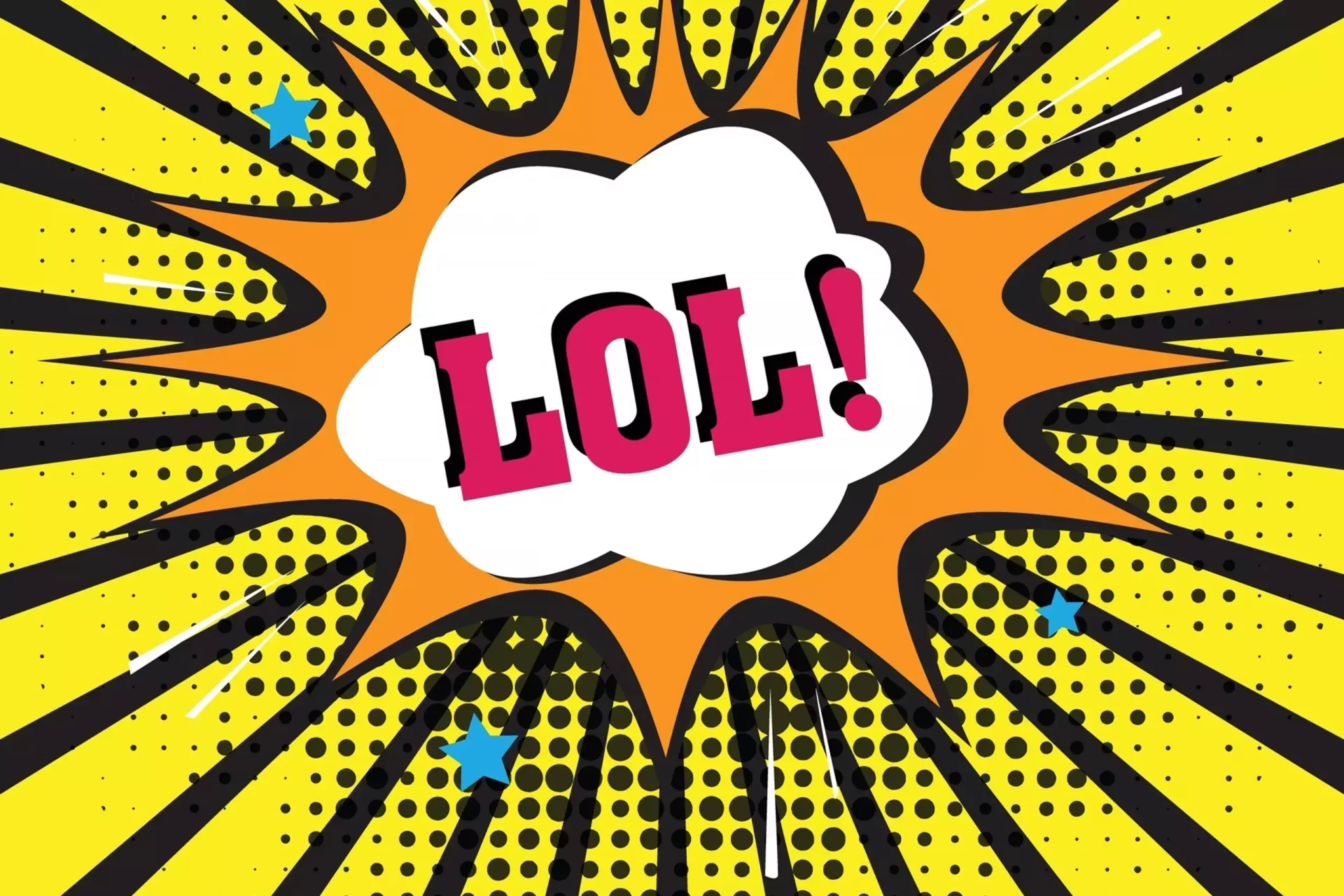Introduction
The term “smut” has evolved over the years, particularly in digital communities and colloquial language. While it generally refers to sexually explicit material, its contextual meaning can vary significantly depending on usage. Urban Dictionary is a popular online platform that captures these evolving definitions, often accompanied by humorous, satirical, or exaggerated examples. In this article, we will delve into the meaning of smut as per Urban Dictionary, explore its implications in popular culture, and reflect on its usage in contemporary society.
Defining Smut
According to Urban Dictionary, “smut” encompasses a range of definitions: from crude and vulgar representations of sexuality to milder erotic literature. Here are some common interpretations:
- Smut (noun): Material, often in the form of literature, that is sexually explicit.
- Smut (verb): The act of making something explicit or illicit.
- Smutty (adjective): Something characterized by filth, either in language or content.
Despite these definitions, the significance of smut extends beyond textual content. It has cultural implications that reflect societal taboos and trends in sexual expression.
Examples from Urban Dictionary
Urban Dictionary serves as a cultural gauge, showcasing contemporary language use. Here are some illustrative entries about smut:
- Entry 1: “Smut is the sexy side of literature that makes your heart race…or, let’s be real, just makes your nether regions a little tingly.”
- Entry 2: “There’s good smut, bad smut, and just plain terrible writing masquerading as smut.”
- Entry 3: “Smut is what allows us to engage in our wild fantasies, legally!”
These tongue-in-cheek definitions reflect how smut is both embraced and ridiculed within online discourse, highlighting the dual nature of sexuality in modern conversation.
Cultural Impact of Smut
Smut has had a considerable cultural impact over decades, from printed literature to modern fan fiction. Let’s explore its influence:
The Evolution of Smut in Literature
Historically, smut has been present in literature, often under pseudonyms or euphemisms. Works like “Lady Chatterley’s Lover” or “Tropic of Cancer” pushed societal boundaries and sparked debates over literary merit versus obscenity. Today, smut can be categorized into various genres:
- Erotica: Often more sophisticated and character-driven.
- Romance Novels: Many contain smutty subplots that appeal to wider audiences.
- Fan Fiction: A popular avenue for expressing fetishistic desires and exploring character relationships beyond standard narratives.
Statistics on Smut Consumption
The shift to digital media has also changed how smut is consumed. According to a Pew Research Center report:
- Over 40% of adults aged 18-29 report reading or watching sexually explicit material.
- Approximately 30% of adults have engaged with online pornography at least once.
- Mobile devices account for nearly 70% of all pornography consumption.
Such statistics highlight the normalization of smut within contemporary society. The discussion around it, therefore, becomes increasingly relevant in conversations about sexual health, consent, and representation.
Case Studies: Smut in Modern Media
To understand the nuances of smut in today’s media landscape, we can consider several case studies:
Netflix Originals
Many Netflix originals feature themes centered around sexuality and often incorporate smut. Shows like “Sex Education” or “Bridgerton” have received both praise and criticism for their candid portrayals. They provide a platform for conversations about real-life issues like sexual identity, consent, and romance.
Social Media and Fan Fiction
Platforms such as Wattpad and Archive of Our Own (AO3) have risen in popularity, allowing writers to publish smutty fan fiction. The accessibility of these platforms has enabled unfiltered messaging and community engagement around sexual fantasies:
- Wattpad boasts approximately 90 million users, with a significant portion indulging in erotica.
- AO3 hosts millions of works, from mild to explicit fan fiction, catering to niche communities.
Conclusion
The meaning of “smut” in Urban Dictionary and beyond is complex, multifaceted, and illustrative of societal attitudes toward sexuality. As we continue to engage with literature and media showcasing smut, it becomes increasingly important to navigate the discussions surrounding consent, representation, and expression. Ultimately, literary smut can challenge boundaries, foster conversations, and allow readers to explore their fantasies in a safe and imaginative environment.






